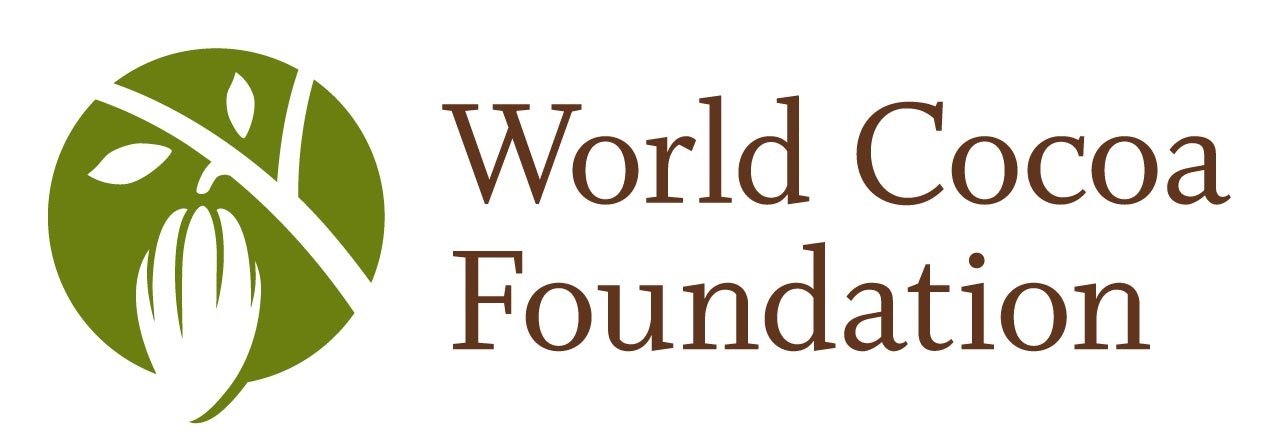NCA Announces Project to Focus on Health Issues in West African Cocoa Communities
Published 02-13-07
Submitted by World Cocoa Foundation
VIENNA, VA- February 13, 2007 "“ The National Confectioners Association announced this week its plans to address the well-being of cocoa farming communities in West Africa by targeting two critical health issues in Ghana and the Ivory Coast: malaria and HIV/AIDS. The program, the first of its kind specifically directed at cocoa farmers, was developed by Family Health International and will educate cocoa farming communities on malaria and HIV prevention, promote safe practices and provide supplies to boost prevention.
For cocoa farming families in West Africa, malaria and HIV/AIDS pose serious threats. Almost 5 percent of the population of the Ivory Coast is HIV positive, and the infection rate in the agriculture community is even higher. At the same time, malaria is the leading cause of death among Ivorian infants and children. Malaria also is endemic throughout Ghana and is a leading cause of death, especially among children under age five, pregnant women and those who are HIV positive. The four cocoa-producing regions of Ghana suffer from the highest HIV/AIDS rates in the country.
"Cocoa farming families are a vital part of the chocolate and candy industry," said NCA President Larry Graham. "Issues that plague them are issues that plague us all, and it’s critical we help provide them with the information and resources it takes to combat the health crises they encounter."
The goal of this project is to contribute to the reduction in the spread of HIV/AIDS and malaria in the Ivory Coast and Ghana by focusing on rural cocoa farmers and their dependents. The project, under the auspices of the World Cocoa Foundation, will work within the framework of already existing national programs in both countries, primarily the Farmer Field Schools. The schools are a part of the Sustainable Tree Crops Program, a project supported by the WCF in an effort to improve the economic and social well-being of small crop farmers and their communities.
Peer educators working in cocoa farming communities will be provided with additional training in the areas of awareness and prevention of HIV/AIDS, as well as given resources to share with the community such as bed nets, anti-malaria medications and condoms.
Graham notes that building on the success of the Farmer Field Schools is an excellent way to increase attention to the serious health concerns of West Africa. "The Field Schools have effectively reached more than 200,000 cocoa farmers in recent years. There is good evidence to suggest that the farmers who have participated in the training not only incorporated what they learned in their own farming techniques, but also shared ideas with other farmers. This peer-to-peer teaching model will help us increase awareness throughout the region and reduce the spread of malaria and HIV."
ABOUT NCA
Founded in 1884, the National Confectioners Association is one of the oldest, most respected trade associations in the world. With more than 700 members, NCA is the major association representing the entire confection industry, offering education and leadership in manufacturing, technical research, communications, retailing practices, government relations and statistical analyses. As NCA grows, the association continues to provide those services that enable members to meet the wide range of ever-changing business challenges in the years ahead. For more information, visit www.CandyUSA.com.
ABOUT FHI
Family Health International is one of the world’s leading NGOs managing programs and conducting applied research in global health. Formed in 1971 and based in the U.S., FHI has offices in more than 35 countries across Asia, Africa, and Latin America and conducts projects in more than 65 countries. FHI has worked closely with U.S. and international partners to improve lives, knowledge and understanding worldwide through research, education and services. Underlying all of FHI’s work is a commitment to build local capacity and promote sustainable systems. In addition to family and reproductive health, HIV/AIDS prevention, care and treatment, FHI has expanded its work to include infectious diseases, specifically tuberculosis, malaria, and avian influenza. For more information about FHI, visit www.fhi.org.
ABOUT WCF
Established in 2000, the World Cocoa Foundation plays a leading role in strengthening the partnership between industry and cocoa farmers. With nearly 60 member companies, the WCF supports a range of economic, social and environmental programs in cocoa communities in Africa, Asia, Central and South America. For more information, visit: www.worldcocoafoundation.org.

World Cocoa Foundation
World Cocoa Foundation
The World Cocoa Foundation (WCF) is an international nonprofit membership foundation that promotes a sustainable cocoa economy by providing cocoa farmers with the tools they need to grow more and better cocoa, market it successfully, and make greater profits. WCF's membership includes more than 90 cocoa and chocolate manufacturers, processors, supply chain managers, and other companies worldwide. Member companies range in size from small and medium size firms to large international corporations and represent over 80% of the global cocoa market. For more information, visit www.worldcocoa.org.
Follow us on our blog, Facebook and Twitter.
More from World Cocoa Foundation

